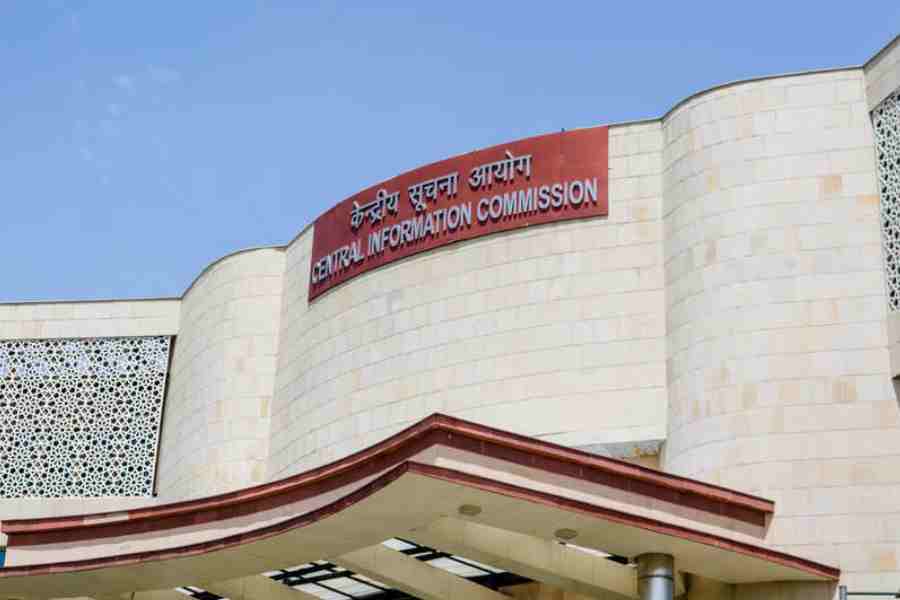Transparency comes painfully to recent leaders of the Indian democracy. Or does not come at all. It is, therefore, hardly surprising that the Right to Information Act would only be formulated after protracted struggles by activists and campaigners. It was initially welcomed as enshrining the people’s right to ensure accountability and transparency while keeping authorities and institutions on their toes. But the authorities’ anxiety to exclude rather than include certain chairs or institutions from its purview never made its path smooth. One of the longest debates has been over the exclusion of political parties, and the issue is back again in a batch of petitions before the Supreme Court. Although a three-commissioner sitting of the Central Information Commission had declared six political parties to be among ‘public authorities’ as defined in the Representation of People Act in 2013 and therefore subject to the right to information, the Union government overrode this in the same year. So no political party has ever had to answer questions from the public about specific facts.
The situation raises some questions about expectations and boundaries in a democratic country. How transparent is transparency? If voters expect that political parties should publish the number and nature of cases pending against their candidates, their expectations are seldom fulfilled although parties have been instructed to do so. Would applying the RTI Act help in the face of such reluctance? Transparency about funding may be another expectation; to dismiss this out of hand as was done by the CIC in 2020 raises questions about politicians’ sense of responsibility. How much trust have they earned? Political parties have each their own methods of decision-making, whether about strategies or candidates. Is this a boundary a questing voter may not cross? The questions raised by the debate over political parties being protected from the RTI Act ultimately lead to the kind of democracy the Indian people wish to have and should have. If there are limits to the information they can ask for, as in matters of national security, these limits should be clearly laid out and explained with reason. Whether or not political parties are public authorities, their fundamental role in an electoral democracy and therefore in people’s lives and beliefs is undeniable. That is why the debate is necessary and important.











